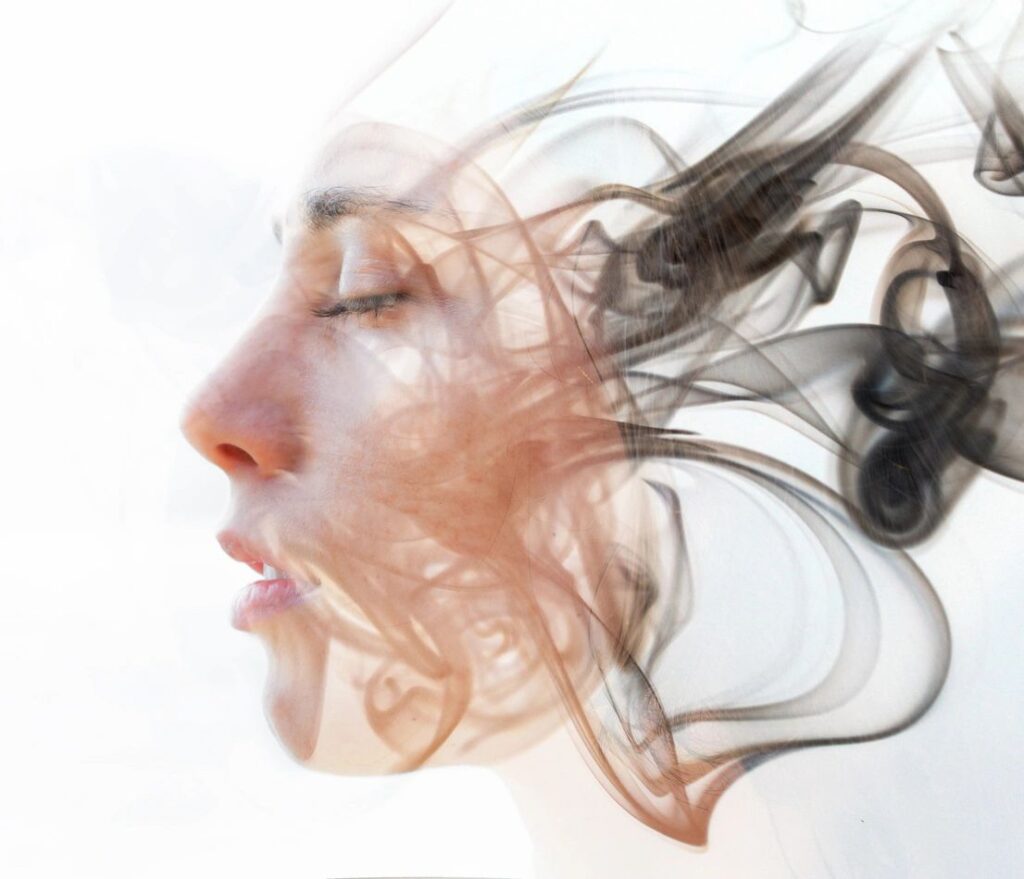
Experts Rate Harmful Sleep Myths
Sleeping is one of the most mysterious things that people do. As a result, there’s plenty of mythology and folklore around what happens when we sleep.
If our everyday, non-expert understanding of how sleep works sometimes contradicts what the science says, does that potentially lead us into sleep routines that are bad for our health?
Recently, a team of researchers across the United States decided to address that question by collecting sleep myths and having experts analyze them. In their study, the researchers asked ten experts to rate common sleep myths in terms of how false they were and whether they posed a risk to public health.
Altogether, 20 myths were found to be both highly false and at least somewhat damaging to public health.
Some of these had to do with people’s understanding of how sleep works. The myth rated as most false by experts, given a 5 out of 5, was that “during sleep, the brain is not active.” Another myth in this area, given a 4.63 out of 5 in terms of falseness, was that “lying in bed with your eyes closed is almost as good as sleeping.”
As you might expect, there were several myths having to do with how much sleep is needed or beneficial. The idea that “many adults only need five or less hours of sleep for general health” was rated both as highly false and highly harmful, as was the suggestion that “your brain and body can learn to function just as well with less sleep.”
On the other hand, the sleep experts also took issue with the idea that “if you can get it, more sleep is always better.” This myth got a more moderate 3.25 out of 5 on falseness, and only a 2.86 out of 5 in terms of its danger to public health. Presumably, there are a lot more people out there who suffer from getting not enough sleep rather than getting too much!
Then there are the myths about how to ease into sleep and tackle insomnia. The philosophy that “if you have difficult sleeping, it is best to stay in bed and try to fall back to sleep” got a thumbs down from the sleep experts. Watching TV before bed was rated an ineffective sleep aid, and the suggestion that alcohol before bed can improve sleep was rated as both highly harmful and highly false. The experts also shrugged off the myth that exercising within four hours of bedtime will lead to worse sleep.
The researchers identified myths surrounding how people behave during sleep, as well. For example, the experts agreed it’s not necessarily true that “a sound sleeper rarely moves at night.” Another misconception they identified was that “loud snoring is mostly harmless,” cautioning that snoring can be associated with negative health outcomes and is something to bring up with your doctor.
This expert takedown of common sleep myths shows that much of the folk wisdom we casually pass around about how sleep works contradicts scientific findings, and may even endanger our health. Ultimately, if there’s one simple fact to know about sleep, it’s this: sleep is important for the brain and the body, and you gotta do whatever is necessary to make sure you get enough!